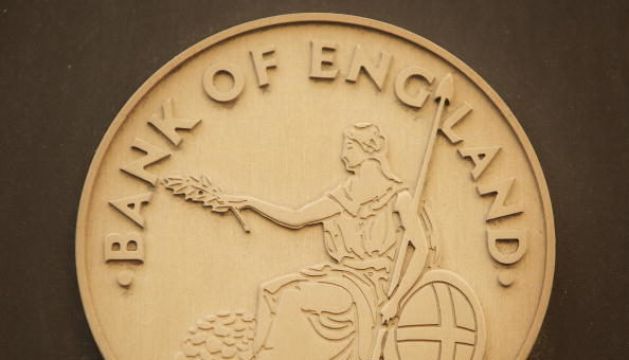The Bank of England has become the world's first major central bank to raise borrowing costs since the coronavirus pandemic hammered the global economy last year, as it said inflation was set to hit 6 per cent in April, three times its target level.
Most economists polled by Reuters had expected the BoE's Monetary Policy Committee to keep rate at 0.1 per cent due to a new surge in coronavirus cases.
Sterling jumped by three quarters of a cent against the US dollar to its highest since November 30th, and interest-rate sensitive two-year gilt yields rose by more than 7 basis points on the day to 0.56 per cent, their highest since December 1st.
"The Committee continues to judge that there are two-sided risks around the inflation outlook in the medium term, but that some modest tightening of monetary policy over the forecast period is likely to be necessary to meet the 2% inflation target sustainably," the BoE said.
The nine-member MPC voted by 8-1 to raise Bank Rate to 0.25 per cent from 0.1 per cent with external member Silvana Tenreyro providing the only dissenting voice.
The BoE cut its growth forecasts for December and the first quarter of 2022 because of the spread of Omicron.
The MPC voted 9-0 to keep the BoE's government bond-buying programme at its target size of £875 billion (€1 trillion). The BoE has also bought £20 billion of corporate bonds.







